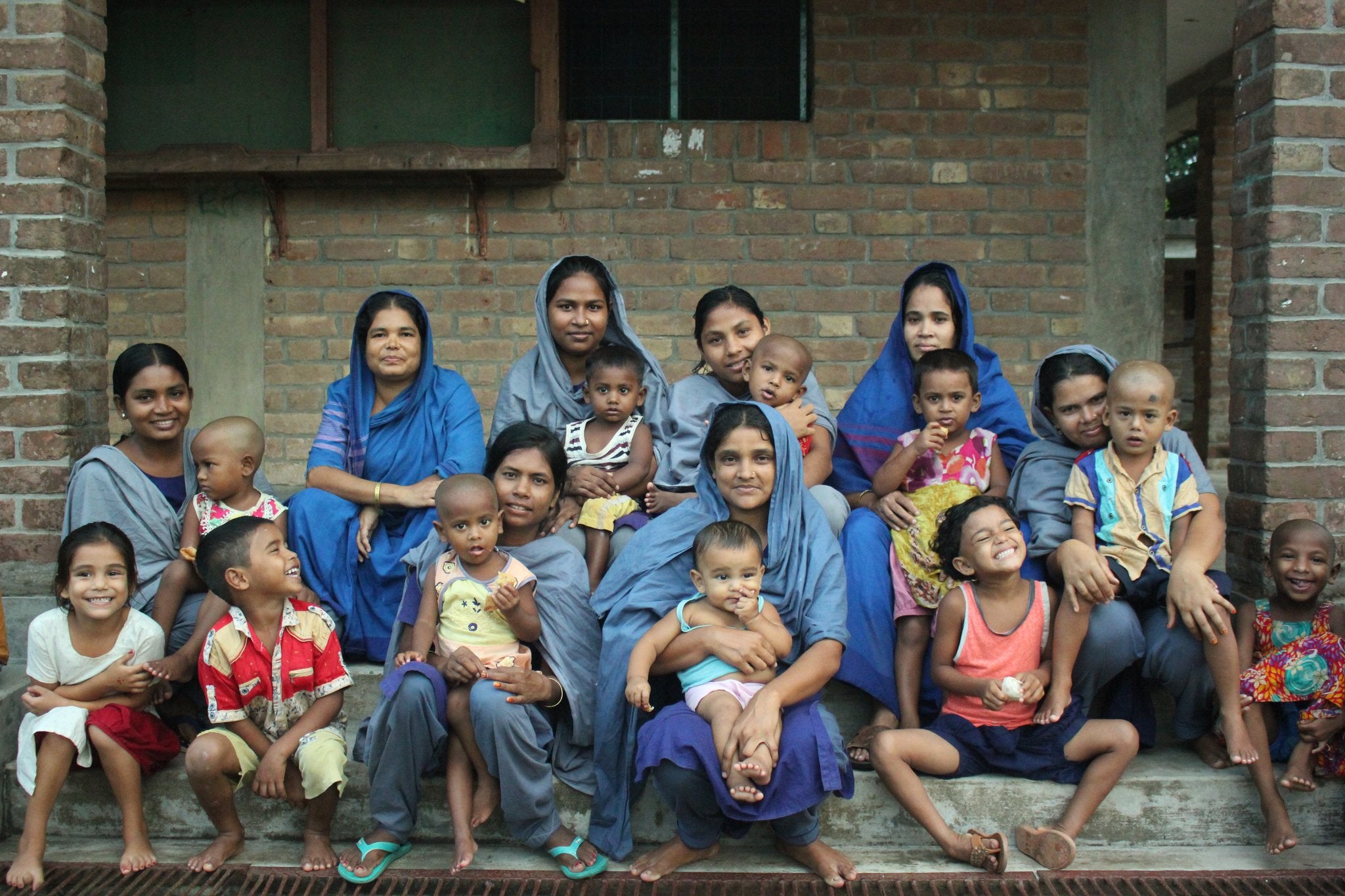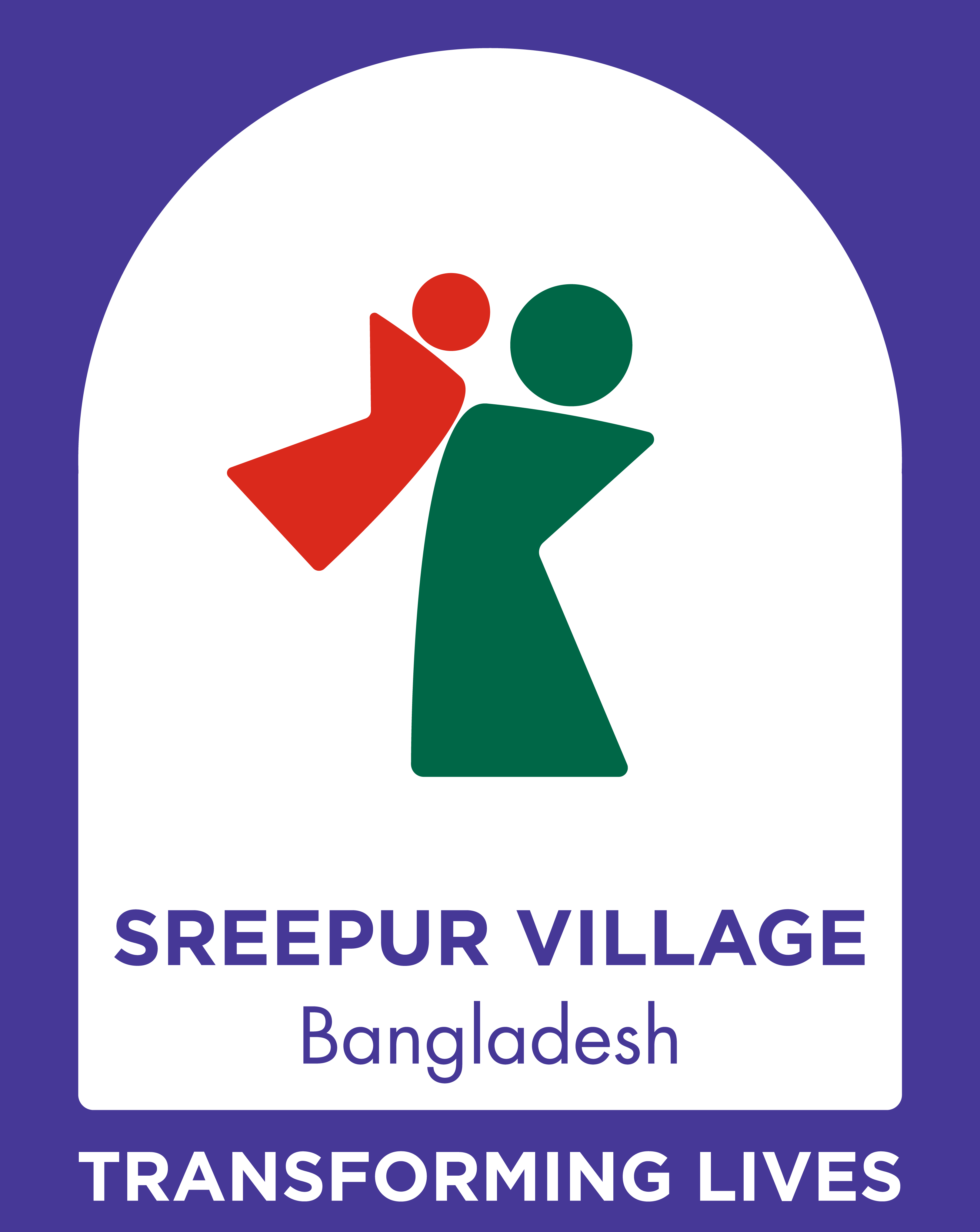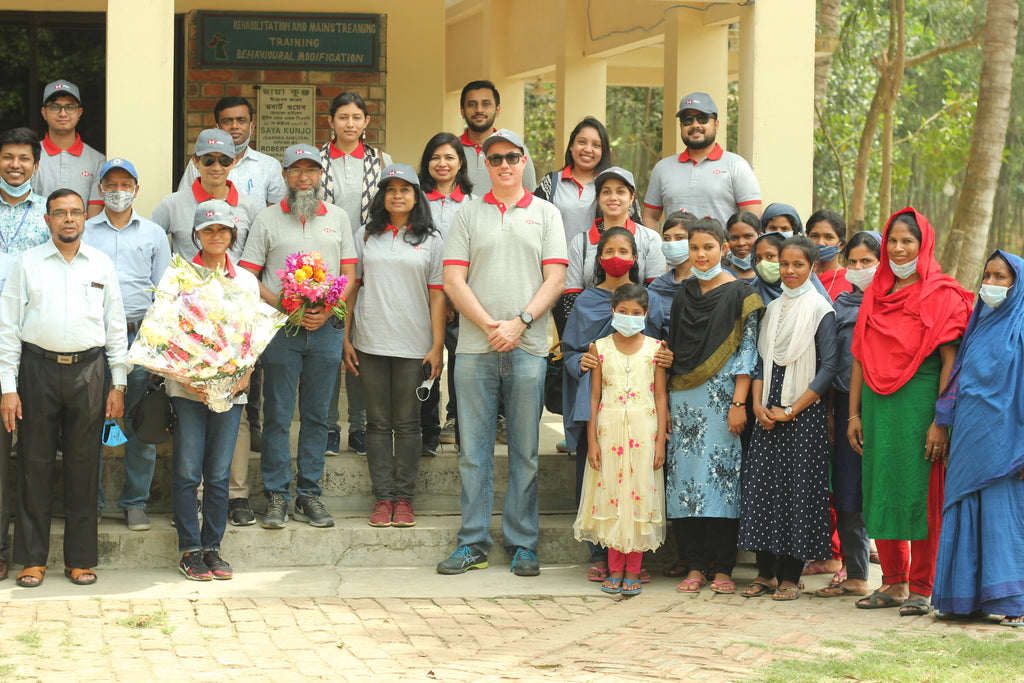

News
HSBC Visit 2021
For ten years, HSBC has been supporting The Sreepur Village, focusing on their education programme.
In October 2020, HSBC generously donated BDT 2,444,840 which is approximately £21,000 which will fund a one year project.
National Gardening Week
“My name is Amina Khatun and I am living in The Sreepur village. One of the things I am learning is how to make sack gardening, which will be extremely useful to me and my family when we return to our community in the near future.”
World Poetry Day
My Cat', by Shoma,
"You are my love
I feel happy when you are with me
Why are you so angry?
You are my sleeping friend
Don't ever leave me
I love you"
World Kindness Day, 2018
“We can change the world by our kindness. Kindness Begins with me.” Anik
International School Library Month
National Gardening Week
As this week is National Gardening Week, The Sreepur Village would like to highlight the training they offer so that over 200 mothers, in the future, can live self-sufficiently, confidently knowing that their children will not starve.
For the three meals a day that The Sreepur Village provides, a small piece of farm land in the village has been partitioned into different sections for growing vegetables, 60% of which is dedicated to feeding our mothers and children fresh vegetables and, sometimes, salad.
English Language Day
Nutrition and Hydration Week
Living in a remote village in Bangladesh’s Sunamgaj District, Runu Bala struggled to feed her three children. Without land and living near to Tanguar Haor - a large wetland area in North-Eastern Bangladesh that gets flooded for five to six months of the year - it was hard for Runu to grow vegetables or other crops. Vegetables are an essential source of nutrition for a sound and healthy body, but in Bangladesh, two out of every three children born are underweight due to malnutrition.
In Bangladesh, many mothers, like Runu, don't have enough land to cultivate vegetables conventionally. Sack gardening does not require much space and a variety of vegetables can be grown according to need and taste. The bags are also easy to move, which is important for families living on 'char' lands (River Island) and riverbanks, who are often forced to move as their villages become flooded. The large majority of our mothers are from the Char area.
International Women's Day at The Sreepur Village
In celebration of International Women’s Day 2018, the mothers’ association of the Sreepur Village arranged a cultural programme and led a discussion which focussed on this year’s theme of #PressforProgress. It was an opportunity for the Sreepur mothers to celebrate womanhood in all its form and during the two-hour long discussion, the mothers primarily discussed the importance of self-reliance, training and development, they also thanked The Sreepur Village for supporting them and their children.
World Book Day
Today is World Book Day and The Sreepur Village would like to take this opportunity to share with you the story of Alo, a 45-year-old mother of four children and whose name means light.
Alo, real name Sobeda Begum, lost her husband 12 years ago just before the birth of her youngest son. Her husband was an agriculture labourer and the only earner of the family and one day he never returned home. Due to Alo’s early marriage she never had the opportunity to go to school.
Celebrating our 1,000 mother to join Sreepur!
Celebrating International Literacy Day
The environment in which women can acquire and retain literacy skills is shaped by various forms of social, economic and religious restrictions and for poverty-stricken women in rural Bangladesh, the opportunity to study is simply not an option. Instead many women stay at home spending most of their lives as housewives. which can create conditions where literacy skills can be lost which in turn leads to a new form of vulnerability. Our mothers are the best example of this vulnerability.
The Sreepur Village believes in addressing women's literacy to improve confidence and the quality of lives. This helps to reduce poverty, increases work opportunities and in doing so improves the mother and child’s health and well-being.













